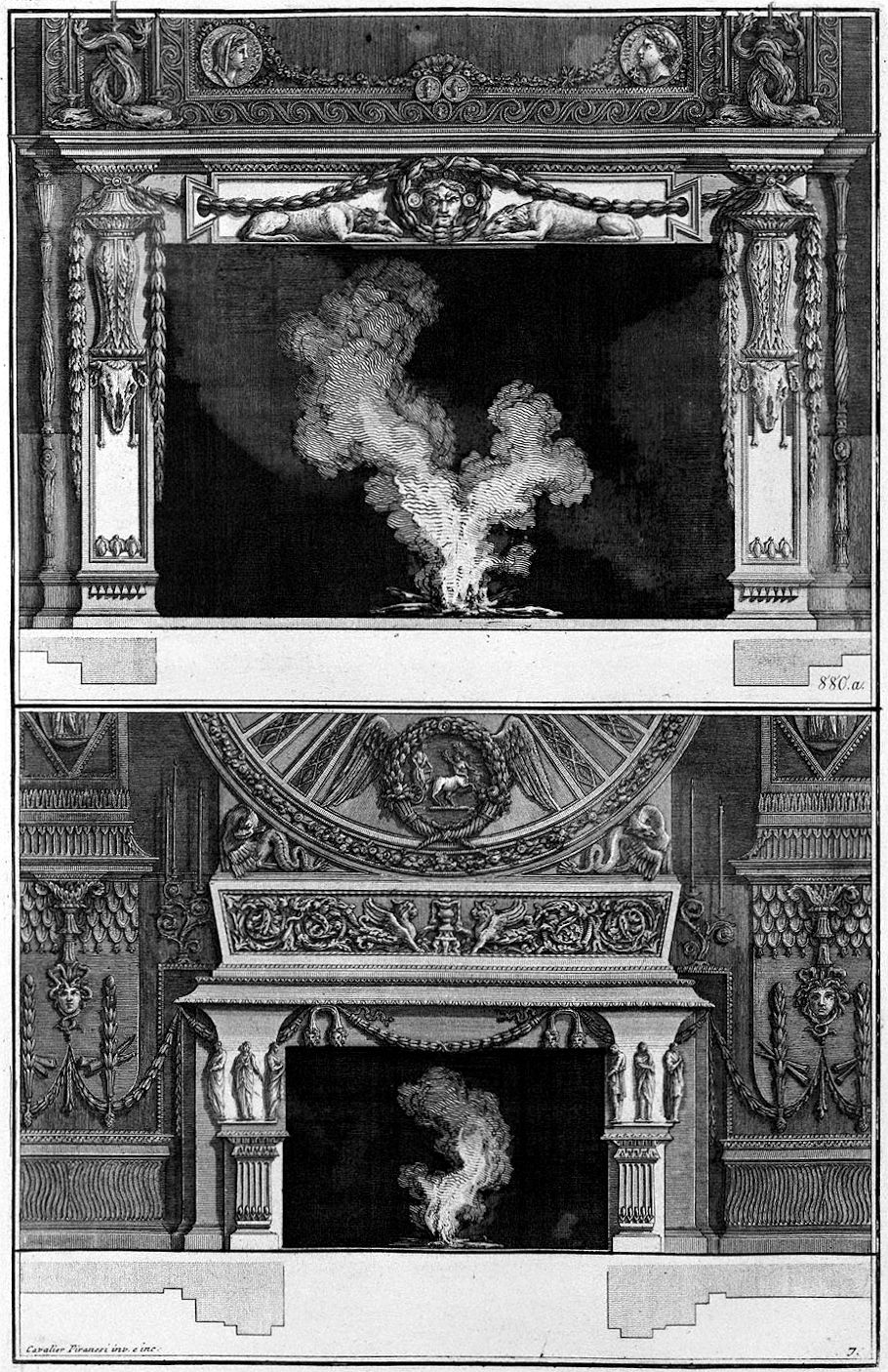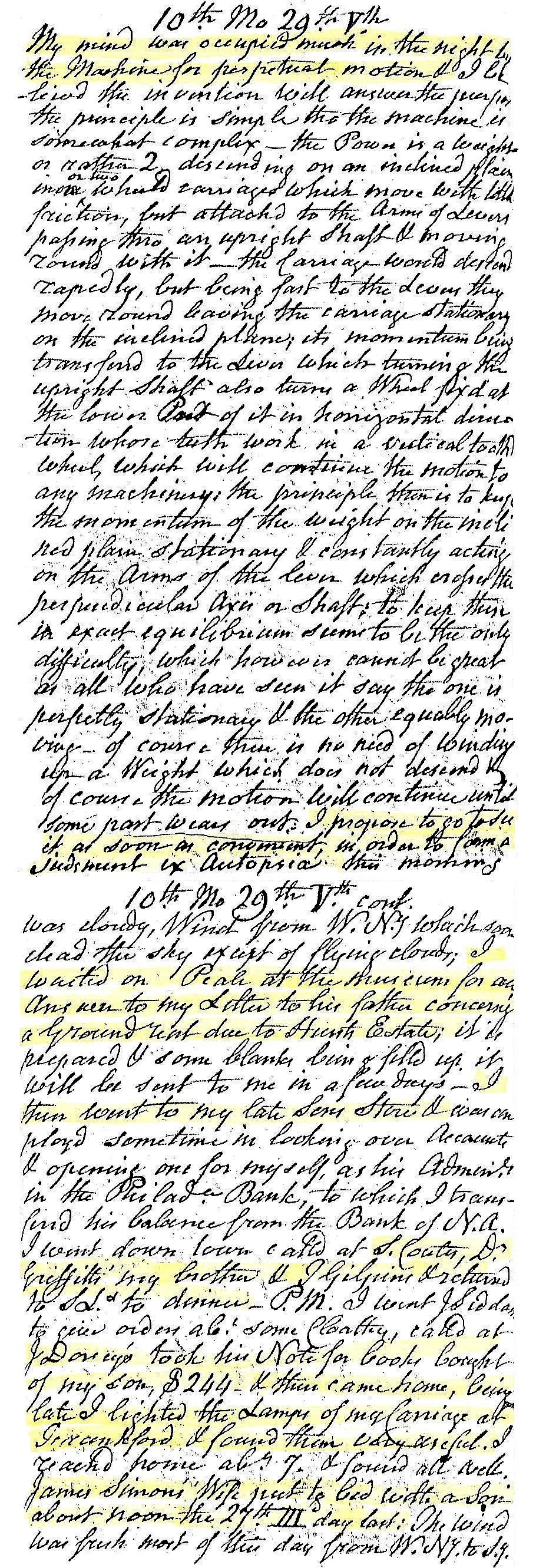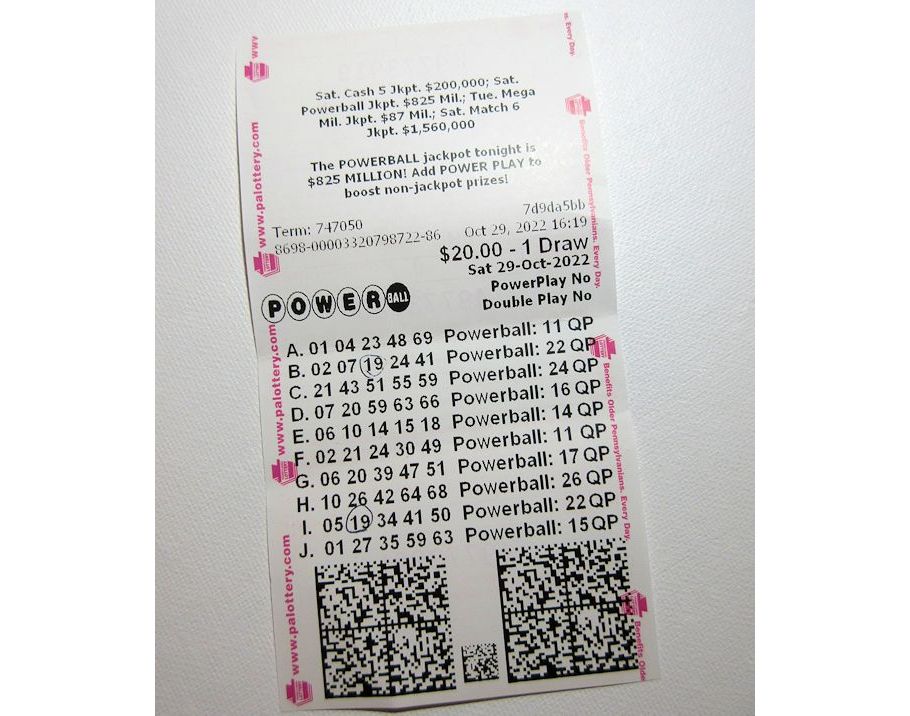29 October 312
Constantine victoriously enters Rome; Constantine stays in Rome until January 313.
The Anonymous Valesianus, in his Origo Constantini Imperatoris, relates how Eutropia confessed to Maxentius's illegitimate paternity, i.e., Maxentius was not the son of Maximian. Barnes (The New Empire of Diocletian and Constantine, p. 34) dates Eutropia's confession as early as November 312.
"Meanwhile Constantine after defeating the tyrant's generals at Verona, went on to Rome. When he had reached the city, Maxentius came out and chose a plain above the Tiber as the place to do battle. There the usurper was defeated, and when all his men were put to flight, he was prevented from escaping by the crowd of fugitives, thrown from his horse into the river, and drowned. On the following day his body was recovered from the river, and the head was cut off and taken into Rome. When his mother was questioned about his parentage, she admitted that he was the son of a Syrian. He ruled for six years."
If true, this event may then well be considered the first overt sign that Eutropia was altogether committed to Constantine and his Christian cause. Remember, by this time Constantine, although Eutropia's son-in-law via his marriage to Fausta (apparently the only child of both Eutropia and Maximian), was already also the cause of Maximian's death and Maxentius' death, Eutropia's husband and son respectively. Moreover, the whole notion of confession may also be viewed as indicative of Eutropia's Christian beliefs.
Conversely, Eutropia's admission of Maxentius' illegitimacy could just as well be interpreted as an effort toward survival, not only to secure her own life, but the life of her daughter Fausta as well. That Eutropia was already well positioned within Constantine's good graces, however, may be why Eutropia was able to make the confession in the first place.
In either case, Eutropia's confession works as a savvy political maneuver that, at least symbolically, renders Maxentius' usurpative reign illegitimate as well, thus signaling to those still loyal to Maxentius that, at base, the whole Maxentius event was, in simple terms, a big "mistake". And, in considering the religious implications of Eutropia's confession, they fit perfectly with the Christian "mission" that quickly spread throughout the city of Rome at the exact same time.
As already related, by November 312 Eutropia was an integral part of Constantine's court, and indeed at Rome. It is thus not at all unlikely that Eutropia and Helena knew each other quite well, since Helena too was an integral part of Constantine's court very likely since late 306. Eutropia and Helena may even have known each other since the marriage of Constantine and Fausta in 307.
29 October 1778 Thursday

29 October 1812 Thursday

My mind was occupied much in the night by the Machine for perpetual motion and I believe the invention will answer the [illegible]. The principle is simple tho the machine is somewhat complex. The power is a weight or rather two descending on an inclined plane in one or two wheeled[?] carriages which move with the friction, but attached to the arm of levers passing thru an upright shaft and moving round with it. The carriage would descend rapidly, but being fast to the lever they move round leaving the carriage stationary on the inclined plane; its momentum being transformed to the lever which turning the upright shaft also turns a wheel fixed at the lower part of it in horizontal direction whose teeth work in a vertical tooth wheel, which will continue the motion to any machinery. The principle then is to keep the momentum of the weight on the inclined plane stationary and constantly acting on the arms of the lever which crosses the perpendicular axis or shaft. To keep them in exact equilibrium seems to be the only difficulty, which however cannot be great as all that have seen it say the one is perfectly stationary and the other equally moving. Of course there is no need of winding up a weight which does not descend, and of course the motion will continue until some part wears out. I propose to go see it as soon as convenient, in order to form a judgment ex autopsia. This morning was cloudy, ... I waited on Peale at the museum for an answer to my letter to his father concerning the ground rent due to Hunt Estate. It is prepared and some blanks being filled up. It will be sent to me in a few days. I then went to my late sonís store and was employed some time in looking over accounts and opening one for myself as his administrator in the Philadelphia Bank, to which I transferred his balance from the Bank of N. A. I went downtown, called at S. Coates, D. Griffitts, my brother, and J. Gilpins, and returned to SL's to dinner. P.M. I went to J. Siedon to give orders .... some ........, called at J. Dorings took his note for books bought of my son $244 and thus came home, being late I lighted the lamps of my carriage at Frankford and found them very useful. I reached home around 7 and found all well. James Simon's wife just took bed with a son about noon the 27th Tuesday last. The wind was fresh most of the day from W. N. to S.
29 October 2022 Saturday

A very losing PowerBall ticket.
|